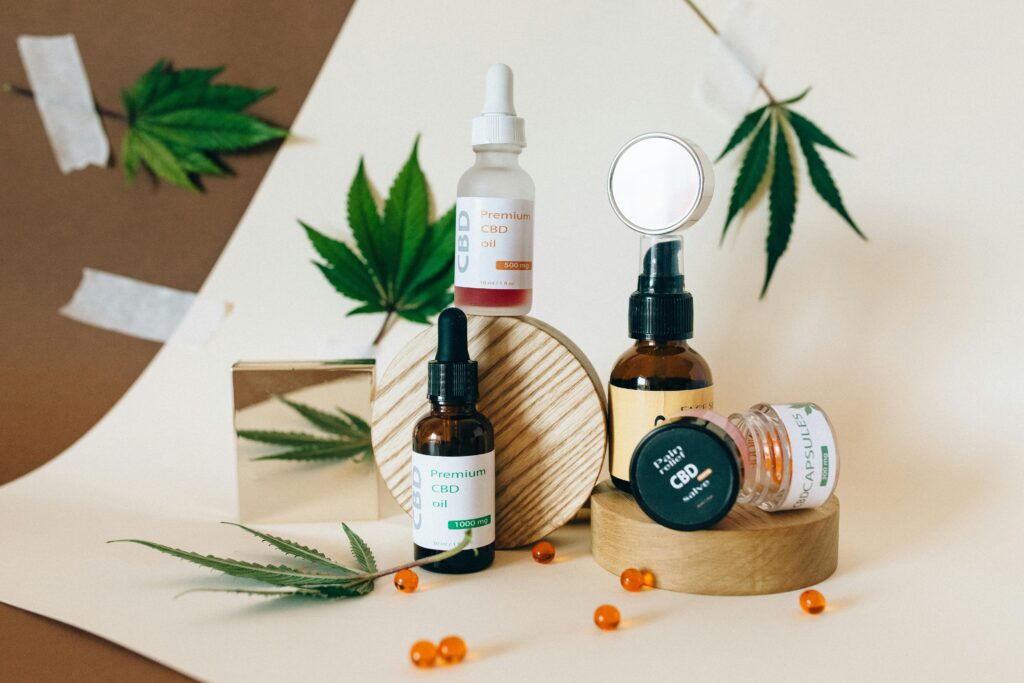
Introduction to skincare
The discipline of a skincare routine for dry skin involves using different routines, products, and habits to keep skin healthy. It includes a variety of actions meant to enhance the health and look of the skin, the biggest organ in the body. A good skincare routine not only enhances your physical appearance but also contributes to your overall well-being.
Establishing a skincare routine for dry skin is crucial for maintaining healthy, radiant skin. A skincare plan consists of a set of actions and items designed to target certain skin issues and enhance general skin health. Having a routine can help you achieve your skincare goals and keep a bright complexion.
Understanding Dry Skin: Causes and Symptoms
Before preparing a skincare routine for dry skin, we will have to understand that what are the causes and symptoms of dry skin so Dry skin can be attributed to various factors including genetics, environmental effects, hormonal changes, and lifestyle habits. Common symptoms include flakiness, tightness, dullness, and sometimes even itchiness. Understanding these causes and recognizing the symptoms is the first step toward designing an effective skincare routine for dry skin.
Following are some factors that can contribute to dry skin
Weather: Dry and dehydrated air, particularly in cold climates or during winter months, can strip the skin of its natural oils, leading to dryness of skin.
Low Humidity: Dry environments with low humidity levels can dehydrate and remove molecules of water from the skin, causing it to become dry and flaky.
Hot Showers or Baths: Excessive exposure to hot water and baths can lead to skin dryness and irritation due to the loss of natural oils because hot water drains all the sebum and oil from the skin.
Harsh Soaps and Cleansers: Harsh chemicals included in some soaps and cleansers can deplete the skin of its natural oils, leaving it feeling dry and irritated. The most common and frequently used harsh ingredient is Sodium Lauryl Sulfate (SLS). It is highly toxic and can irritate skin, eyes, and lungs as well as it can increase the chances of organ system toxicity.
Overwashing: Dryness can be caused by excessive washing or harsh cleaning methods that disrupt the skin’s natural moisture barrier. The skin’s natural barrier system is present in the outermost layer of the skin, the Stratum Corneum. It consists of tough skin cells called Corneocytes which are bound by a lipid layer made up of fatty acids and ceramides.
Age: Increasing age has a vast effect on the quality of skin. As people age, their skin becomes less elastic and flaky, and their skin tends to produce less oil, making it more prone to dryness. Wrinkles on the skin also show aging.
Skin Conditions: Certain skin conditions, such as eczema, psoriasis, and dermatitis, can cause dryness and irritation. The following are some conditions and diseases mentioned which can cause skin dryness.
1- Atopic dermatitis (eczema): A chronic condition characterized by inflammation of the skin, resulting in dry, itchy patches. It often appears in childhood but can persist into adulthood.
2- Psoriasis: An autoimmune disease that causes the rapid turnover of skin cells, leading to thick, dry, and scaly patches of skin.
3- Hypothyroidism: A condition where the thyroid gland doesn’t produce enough thyroid hormone, which can result in dry skin among other symptoms.
4- Diabetes: Poorly controlled diabetes can lead to dehydration, which can cause dry skin.
5- Ichthyosis: A group of genetic skin disorders characterized by dry, scaly skin. It can be inherited and present at birth.
Medical Conditions: Certain medical conditions, such as hypothyroidism and diabetes, can affect the skin’s ability to retain moisture, leading to dryness.
Medications: Some medications, such as diuretics and retinoids, can cause dryness as a side effect. These medications disrupt the hormonal system related to the skin.
Lifestyle Factors: Use of narcotics such as smoking, excessive alcohol consumption, and poor nutrition can all contribute to reducing the quality of skin resulting in dryness and skin problems.
How to get a Skincare Routine for dry skin? Tips and techniques:
Once we have understood the causes and symptoms of dry skin, now we will delve into understanding how we can transform dry skin into healthy and glowing skin through a skincare routine for dry skin
1. Hydration is Key: A Moisturizing Technique for Dry Skin:
The foundation of every skincare routine for dry skin is hydration. Hydration is the key to maintaining a healthy skin. To seal in moisture and fortify the skin barrier, choose rich, nourishing moisturizers with ingredients like Hyaluronic acid, Glycerin, and Ceramides. These ingredients and products can help us get hydrated skin. Remember to use moisturizer on damp skin to get the most out of your hydration.
2. Nourish and Repair: Incorporating Serums and Treatments:
Skincare routine for dry skin should also include serums and treatments that play a crucial role in replenishing and repairing dry skin. Look for products enriched with antioxidants, vitamins (such as Vitamin E and C), and hydrating ingredients like aloe vera or squalane. Incorporating these into your daily routine can help combat dryness and promote a healthy, glowing complexion. Vitamin E and C play a crucial role in the maintenance of healthy skin.
3. Sun Protection for Dry Skin: SPF and Beyond:
Skincare Routine for dry skin is more important when exposed to direct sunlight and is often more prone to sun damage, making sun protection a non-negotiable step in your skincare routine. Opt for broad-spectrum sunscreens with a minimum SPF (Sun Protection Factor) of 30 and reapply every two hours, especially when exposed to direct sunlight.
Sunlight contains UV rays and other high-frequency rays which can penetrate our skin, damage our skin, and cause serious skin problems That is why sunscreen and sunblocks are very helpful. Additionally, consider incorporating antioxidant-rich products into your skincare routine for dry skin to further shield your skin from environmental stressors.
4. Lifestyle Factors and Dry Skin: Diet, Hydration, and More:
Your skincare routine for dry skin should extend beyond topical products; lifestyle factors play a significant role in maintaining skin health. Stay hydrated by drinking
plenty of water approximately 4 liters daily. Also, incorporate omega-3 fatty acids into your diet through foods like salmon and flaxseeds, and consider using a humidifier to add moisture to the air, especially in dry environments.
What is the importance of water in skincare?
Maintaining proper hydration levels in the skincare routine is essential for the health, appearance, and function of the skin. Water provides a natural glow and healthiness to our skin through hydrating the skin cells and regulation and removal of wastes from the skin layer.
Is there any cure for dry skin?
While dry skin may not be cured it can be effectively managed with the right skincare routine and lifestyle adjustments. Appropriate hydration, proper moisturization, and protection from environmental aggressors can significantly improve the state of dry skin.
Is it mandatory to use different skincare products for day and night?
While it’s not necessary, using different products for day and night can be beneficial. Daytime products typically focus on sun protection and hydration, while nighttime products may include richer moisturizers and treatments aimed at repairing and rejuvenating the skin while you sleep for example products rich in vitamin E and vitamin C
How many times should I exfoliate dry skin?
Exfoliation should be done with caution for dry skin types. Limit
exfoliation to 1-2 times per week using gentle exfoliants to avoid stripping
away essential moisture and exacerbating dryness. These contain glycolic acid, lactic acid, salicylic acid, and retinoic acid.
Can I use natural oils for the moisturization of my skin?
Yes, natural oils like jojoba oil, argan oil, and rosehip oil can be
excellent moisturizers for dry skin. However, it’s essential to patch test and
find the most suitable oil for your skin type, as some oils may be too heavy and lead to clogged pores or breakouts through the skin.


Pingback: Water in skincare, Top10 Best Tricks for Regulating Water